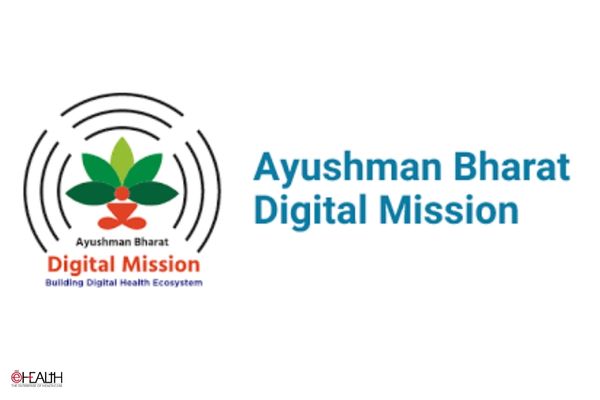In this guest post, we will explore the significance of antibody discovery platform, how they work, and their profound impact on the advancement of medical science.
Antibody Discovery Platforms: Fueling Medical Innovation
Antibody discovery platforms are specialized systems or technologies designed to facilitate the identification and development of therapeutic antibodies. These platforms combine cutting-edge science, computational tools, and high-throughput techniques to accelerate the process of antibody discovery and optimization.
Key Components of Antibody Discovery Platforms
-
Library Generation: Antibody discovery platforms often start with the creation of diverse antibody libraries. These libraries can be derived from human sources or engineered using synthetic methods. The goal is to generate a wide range of antibody candidates for screening.
-
High-Throughput Screening: High-throughput techniques are employed to rapidly assess the binding affinity and specificity of antibodies in the generated libraries. This step involves testing thousands or even millions of antibodies to identify potential lead candidates.
-
Data Analysis: Computational tools and bioinformatics play a crucial role in analyzing the vast amounts of data generated during screening. Machine learning algorithms and data analytics help identify promising antibody candidates.
-
Antibody Engineering: Lead antibodies may undergo engineering to enhance their properties, such as binding affinity, stability, or reduced immunogenicity. Antibody discovery platforms often incorporate methods for optimizing these properties.
-
Characterization: Comprehensive characterization of selected antibodies includes assessing their pharmacokinetics, mechanisms of action, and potential side effects. This ensures that the antibodies meet the criteria for therapeutic efficacy and safety.
Significance in Drug Discovery
The impact of antibody discovery platforms in drug discovery is profound and far-reaching:
-
Accelerating Timelines: These platforms significantly reduce the time required to identify potential drug candidates. What might have taken years using traditional methods can now be achieved in a fraction of the time.
-
Minimizing Costs: By automating and streamlining the antibody discovery process, these platforms help pharmaceutical companies reduce research and development costs while maximizing efficiency.
-
Increasing Success Rates: The precision and sophistication of antibody discovery platforms increase the likelihood of identifying antibodies with high therapeutic potential. This leads to more successful drug candidates.
-
Personalized Medicine: These platforms enable the development of customized antibodies tailored to specific patient needs, contributing to the growth of precision medicine.
-
Rare Disease Treatment: Antibody discovery platforms have expanded the potential to develop therapies for rare diseases that may not have been previously addressed due to limited resources.
The Future of Medicine with Antibody Discovery Platforms
As technology continues to advance and our understanding of antibody biology deepens, the future of medicine with antibody discovery platforms holds immense promise:
-
Bespoke Therapies: Antibody discovery platforms will continue to play a pivotal role in the development of personalized therapies, allowing treatments to be tailored to individual patients based on their unique genetic and medical profiles.
-
Targeting Complex Diseases: These platforms will unlock new possibilities for treating complex diseases such as neurodegenerative disorders, infectious diseases, and rare genetic conditions.
-
Enhanced Drug Delivery: Advances in antibody engineering will lead to more efficient drug delivery systems, allowing for targeted and precise treatment of diseases.
-
Combination Therapies: antibody discovery platform will enable the development of combination therapies, where multiple antibodies work synergistically to address complex diseases or resistant strains of pathogens.
In conclusion, antibody discovery platforms represent a revolutionary force in medicine and biotechnology, accelerating the development of life-saving therapies, reducing costs, and expanding the horizons of personalized medicine. As technology and research methods continue to evolve, these platforms will remain at the forefront of medical innovation, shaping a future where diseases are better understood and more effectively treated.
Visit https://www.nonabio.com/ for more exclusive information.





